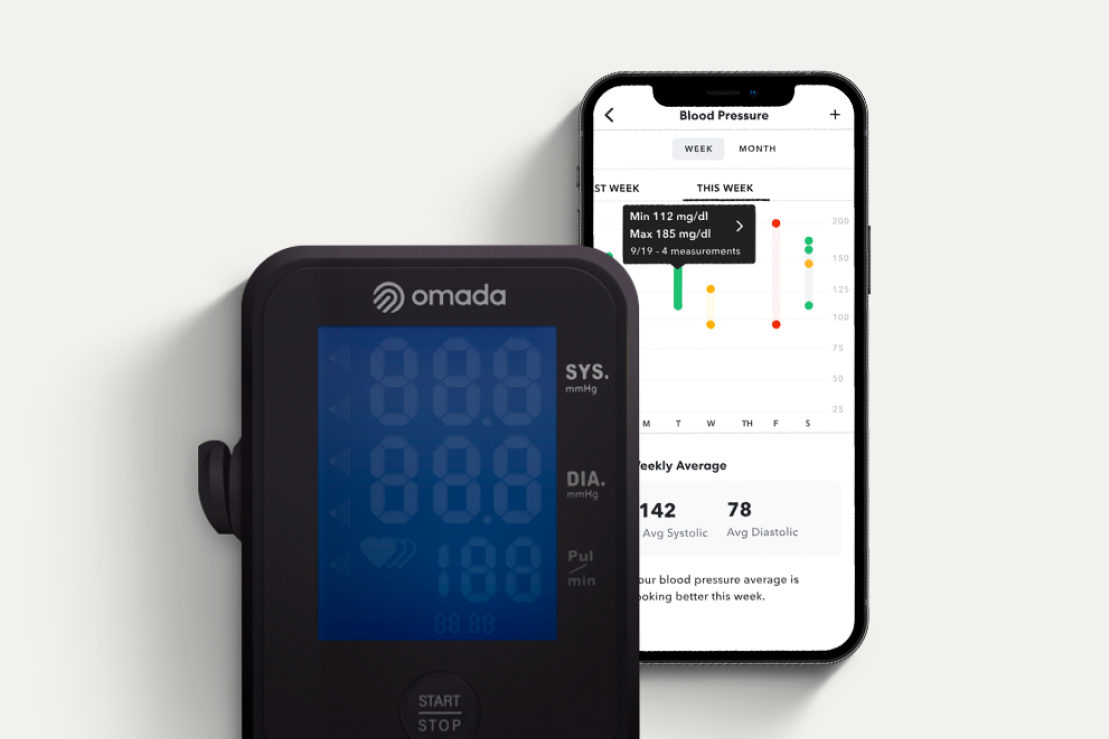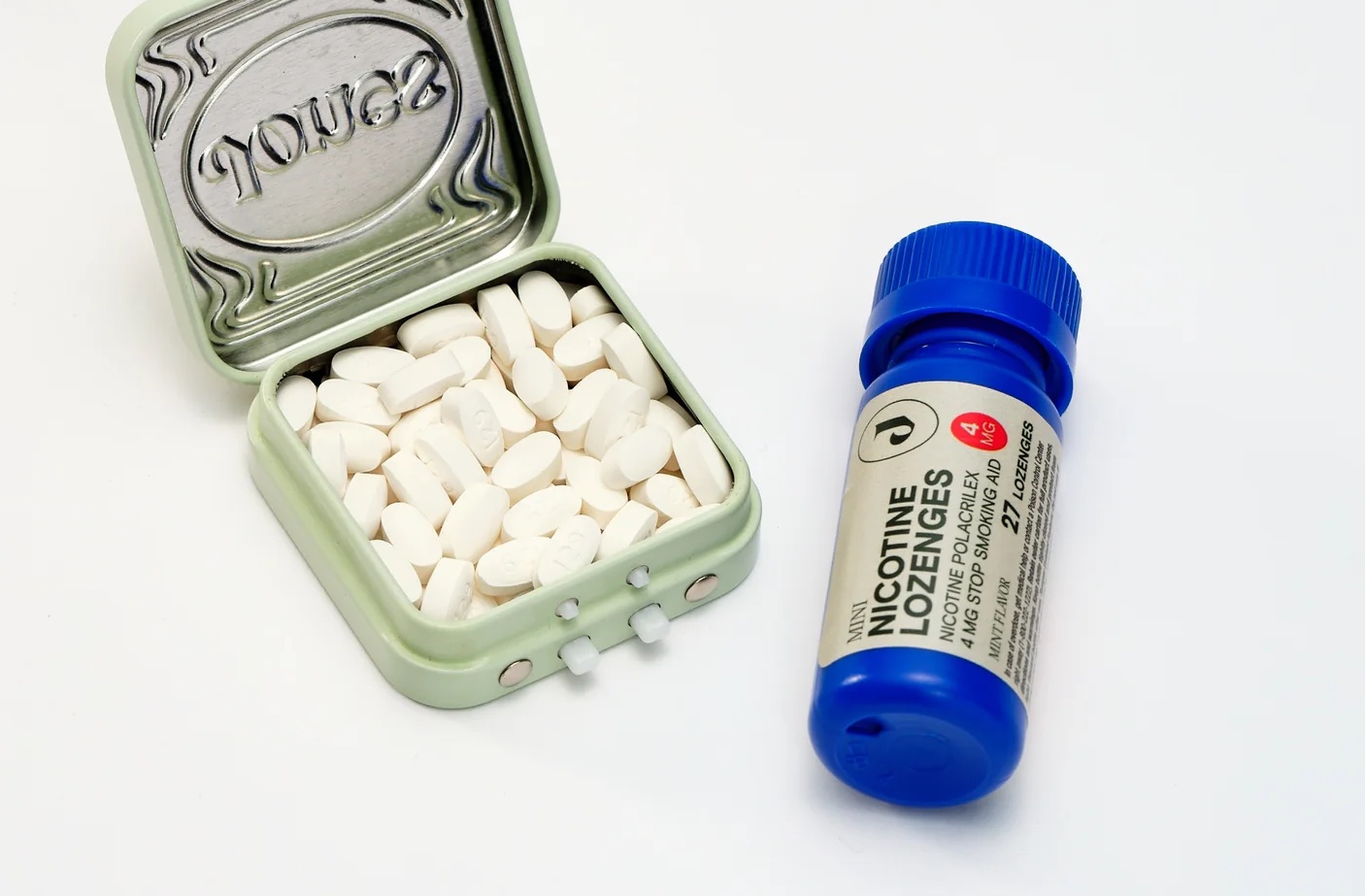The leading cause of death in the US, cardiovascular care is getting a tech-enabled upgrade.
How we got here: A catch-all term, cardiovascular disease (CVD) encompasses several types of heart conditions, including high blood pressure, stroke, and heart attack.
The leading cause of hospitalization and death in the US, CVD kills one person every 36 seconds, tallying over $320B in annual healthcare costs.
And not all care is equal. Facing longer waits and slower diagnoses, only 22% of physicians and 42% of cardiologists said they felt equipped to assess women’s heart health.
Heart Health
A reason for optimism, experts say 34% of cardiovascular-related deaths could be avoided through lifestyle changes. Stepping up, startups are taking heart health virtual.
- AI-powered Story Health secured $22.6M for its virtual cardiology care platform, which also comes with blood pressure cuffs and heart rate monitors.
- Offering virtual cardiac rehab, Recora notched $20M to expand its program nationwide.
- Virtual-first CVD platform Heartbeat Health closed $20M last year to standardize and scale cardiovascular care.
- Miga Health closed a $12M seed for its heart health app featuring blood pressure collection, analysis, and other forms of clinical care.
DTx. An emerging sector, digital therapeutics are clinically validated and subject to rigorous regulation on par with traditional medical treatments.
Across the DTx landscape, startups like Sidekick Health and Omada include CVD management as a part of their all-in-one package. Others are concentrating on the heart of things:
- Landing $70M, Hello Heart helps patients track metrics with a wireless cuff and provides customized exercise and nutrition suggestions.
- Earning regulatory approval from Japan’s Ministry of Health, CureApp assists patients with managing hypertension, a top risk factor for CVD.
- Last year, One Drop launched its AI-powered CVD prevention module in partnership with Bayer.
Screen time. Half the battle, education and awareness are important pieces of the puzzle — 60% of heart attacks don’t come with prior symptoms. Knowing co-contributing personal markers like total cholesterol, blood pressure, blood sugar and body mass index allow for preemptive care.
In this space, Toku Eyes is rolling out its retina-based platform in the US. Elsewhere, Cleerly Coronary landed $43M last year to scale its AI-powered heart imaging program while digital stethoscope maker Eko just revealed its newest tech.
Up next, blood pressure monitoring could be the next big thing for wearables, but Apple’s hit snags, lagging behind the likes of Omron and Withings as they construct medical-grade monitors.
Elsewhere, Fitbit just landed clearance for its atrial fibrillation (AFib) identification algorithm while Casana, fresh off a $30M Series B raise, is seeking approval for its blood pressure-monitoring toilet seat.
Punchline: The state of our heart health has plummeted over the past decades — and with half of all Americans considered obese by 2030, it’ll be a rough road ahead. Answering the call, heart health startups are ramping up, but they’re only a part of the solution. Zooming out, better diets and more exercise will be crucial to turn the tide.
 Omada
Omada


